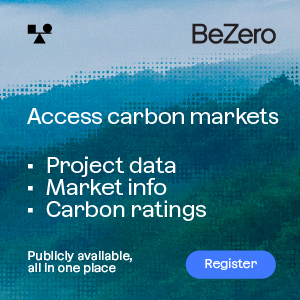Pakistan has emerged as the only country seeking to block progress at talks held in Paris this week towards agreeing a global pact to phase down highly-potent hydrofluorocarbons (HFCs), the Environmental Investigation Agency said Friday.
The talks, held under the Montreal Protocol, failed to finalise a formal negotiation process on how to curb global production and consumption of these super greenhouse gases used in refrigeration and air conditioning, but delegates agreed to hold an additional meeting prior to November’s summit in Dubai.
“A successful negotiation process in Dubai … could breathe air into the Paris climate negotiations and set a heavyweight precedent for an effective global climate treaty,” the EIA said.
Negotiators are considering four main proposals currently on the table, submitted by island states, India, the EU and North American countries.
The plans all call for industrialised countries to use a baseline calculated from average HFC production and consumption levels calculated over the past few years, and to reduce them gradually to reduce them to 10-15% of those benchmarks by various points in the mid-2030s.
They also propose that developing countries be allowed to peak their HFC production and consumption levels some time this decade or next, and to cut them by 85-90% by a range of deadlines between 2040 and 2050.
Pakistan blocked progress at the end of this week’s meetings, refusing to allow reference to the amendment proposals in the negotiated mandate, even after proponents agreed to first address issues of importance to the countries that have up to now opposed phasing down HFCs under the Montreal Protocol.
The EIA said that phasing-down consumption and production of HFCs is “a cost-effective and rapid solution” that can avoid approximately 100 billion tonnes of CO2e by 2050.
By Mike Szabo – mike@carbon-pulse.com



